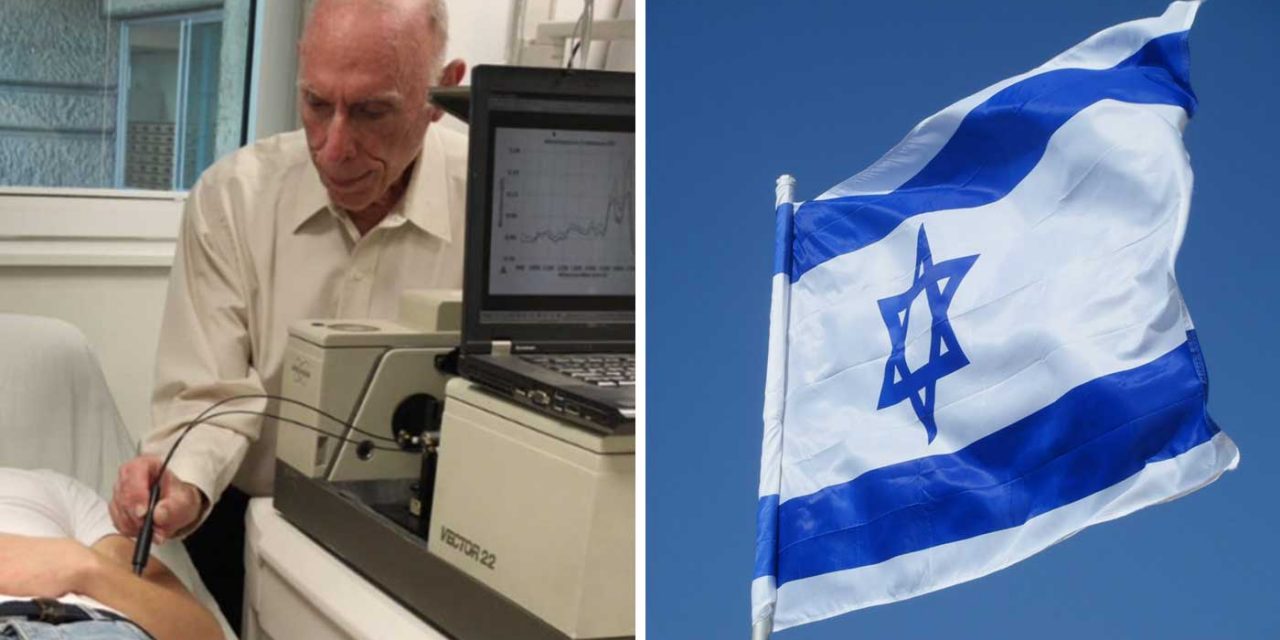A team of scientists at Tel Aviv University have developed a quick method to analyse lesions on the skin and diagnose whether they are cancerous.
The new technology uses infrared light to analyse the lesions and takes just seconds to give a result, potentially removing the need for biopsies and drastically reducing the time it takes for diagnosis.
The optical tech will “have the potential to cause a dramatic change in the field of diagnosing and treating skin cancer,” said Prof. Abraham Katzir, from Tel Aviv’s exact sciences faculty.
Using infrared light to diagnose cancer is not new, in fact, it is used now to analyse tissue removed from the patient. Katzir’s team has developed the technology to utilise this method to diagnose lesions while they are still on the patient’s body.
Katzir told The Times of Israel: “We have developed special fibres that carry infrared and which are simply touched on the lesion. Using this, we get results within ten seconds, based on the colour that returns.
“This can eliminate the whole complicated and upsetting assessment procedure that normally involves a cut, a scar, and a waiting period,” he added.
A recent test of the technology on 90 patients accurately identified the five melanoma patients and 10 patients with other skin cancers. It accurately categorized lesions on other 75 patients as cancer-free. The research has been reported in the peer-reviewed journal Medical Physics and is likely to undergo more extensive clinical trials in the near future.
The reason this technology is important is that time is of the essence when treating skin cancer.
Katzir explained, “with melanomas in particular, given that the chances of survival are much lower when they reach one millimetre, it is particularly important to detect them early, meaning that our method can make a big difference.”
The system is being developed for skin cancers, as the skin is most accessible by fibres, but Katzir said that the method could be used for some other cancers in the future.
The next stage will be testing the technology on a mass scale and the team hopes to develop the tech further to be an easy-to-use device that will automatically detect cancer in lesions.
“This technology gives us a kind of ‘fingerprint’ that makes a clear diagnosis of the various lesions possible, by measuring their characteristic colours,” he said. “In this way, lesions can be diagnosed using a non-invasive optical method, and the physician and the patient can receive the results automatically and immediately.”
Related Articles:












